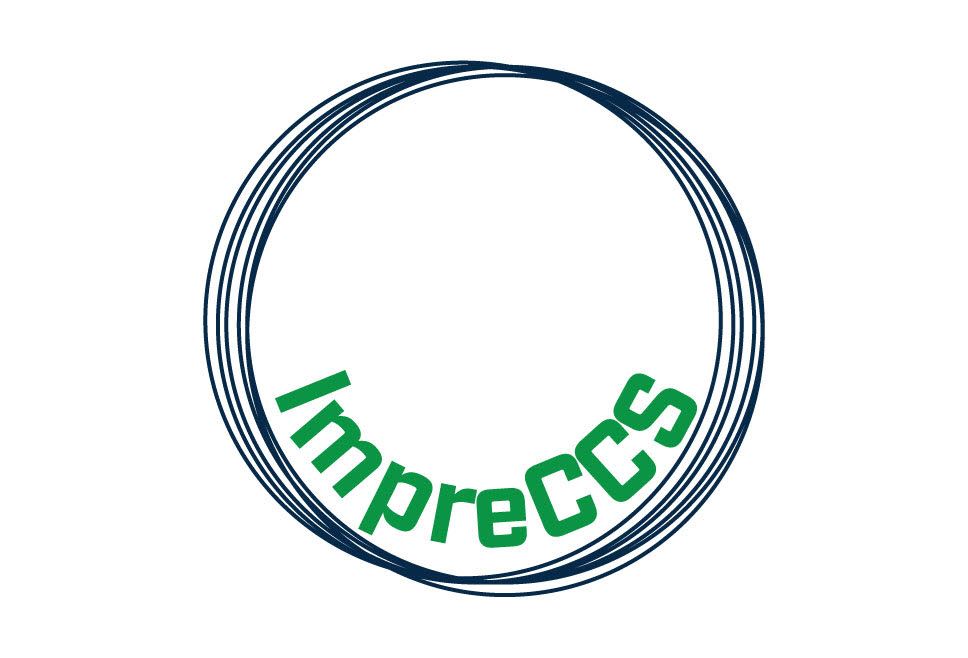Cost and risks can be reduced by better describing e.g. storage and injection dynamics in reservoir and process simulation tools, which will require accurate predictions of thermophysical properties of impure CO2. Uncertainties in these properties can therefore lead to costly overdesign and/or risk of inefficient injection and storage or unforeseen and undesirable incidents. Hence, accurate predictions of these properties are a necessity to realize large-scale CCS. Currently, there are large gaps in property data and correspondingly large uncertainties in models.
In ImpreCCS, the crucial properties of viscosity, density, and thermal conductivity will be measured, and improved property models will be developed. The models will significantly improve the basis for understanding the behaviour of impure CO2 in storage and transport-storage interface processes and will be employed in a reservoir modelling test case of Smeaheia, which will increase understanding of both injection and reservoir dynamics.
The new fluid property models will be provided with an interface usable by industry, e.g. for reservoir simulators. Improved models and understanding will contribute to reduced costs and risks throughout the CCS chain, and thus directly addresses all three focus areas of CLIMIT: Early full-scale CCS value chain in Europe, large-scale storage of CO2 on the NCS, and future solutions for CCS.
Research partners:
- SINTEF Energy Research
- Norwegian University of Science and Technology - NTNU
- Uni Research CIPR - from 2018 a part of NORCE
The project is financed by: CLIMIT / The Research Council of Norway

